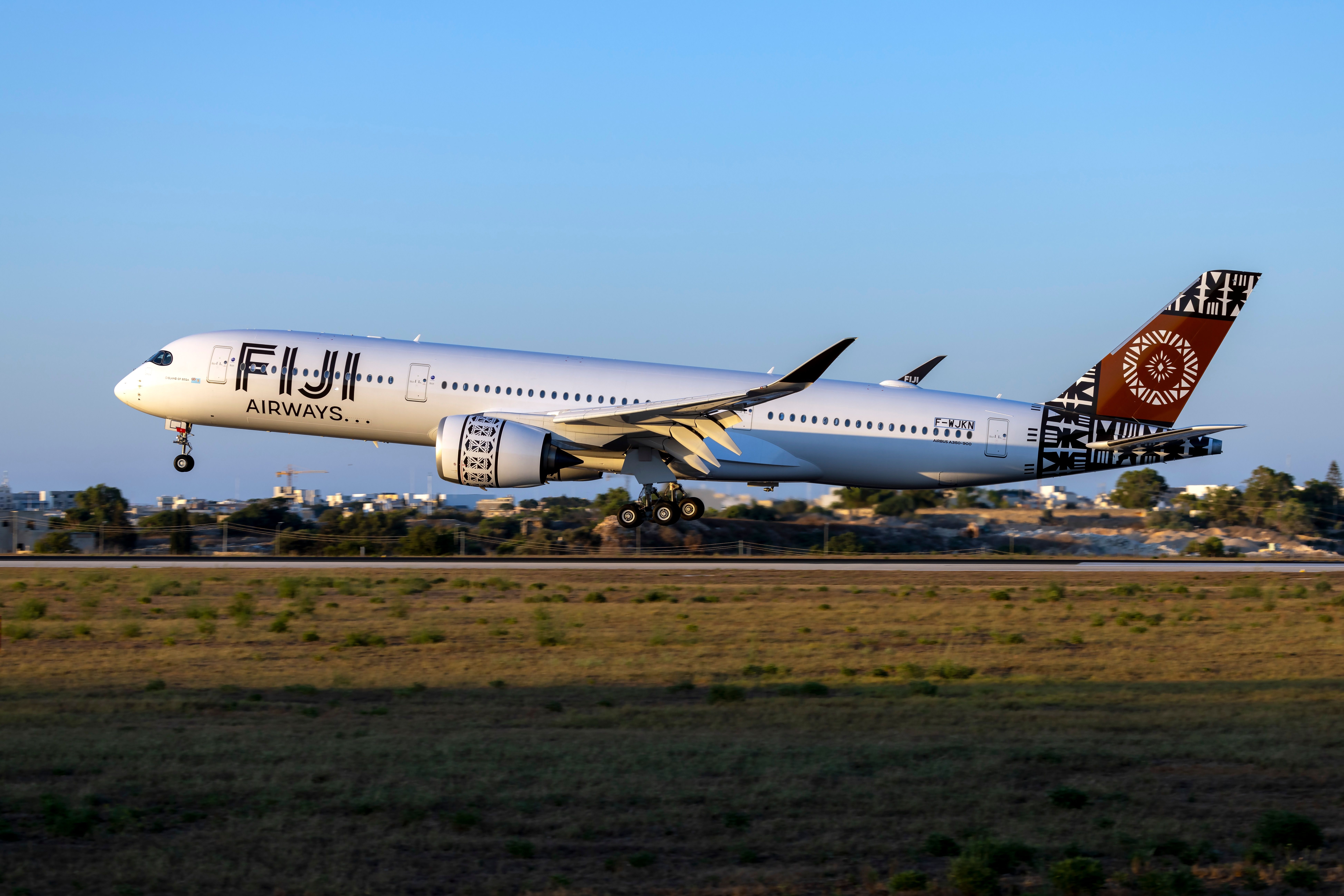Thursday, August 22, 2024 Travelers from Canberra are facing significant disruptions in their itineraries following Batik Air’s unexpected decision to reduce the number of flights operating between the Australian Capital Territory (ACT) and Bali. This move has caused widespread inconvenience for many residents who had planned to escape to the popular Indonesian island, known for its vibrant culture and scenic beauty. The reduction in flights is a significant blow to Canberra’s connectivity with one of its key international leisure destinations.
Many Canberrans had eagerly anticipated their trips to Bali, and this sudden change has left them scrambling to adjust their travel plans. For some, this may mean altering their vacation dates, rerouting through other airports, or even canceling their trips altogether, adding to their stress and disappointment. Aviation experts have weighed in on the situation, pointing out that maintaining international flight services from Canberra has been an ongoing challenge.

The capital city, despite its political significance, has struggled to sustain a robust network of direct international flights. This latest development with Batik Air only underscores the persistent difficulties faced by airlines operating out of Canberra. The reduction in service also raises concerns about the future of international travel from Canberra.
Experts warn that if such cutbacks continue, it could further limit the options available to travelers from the region, potentially making it more difficult and expensive for Canberrans to access international destinations. This could have a ripple effect, impacting not only leisure travelers but also those traveling for business or other essential purposes. For the affected travelers, the frustration is palpable.
Many had meticulously planned their holidays, taking into consideration the convenience of direct flights from Canberra to Bali. Now, they are forced to deal with the inconvenience of last-minute changes, which can be both costly and time-consuming. The situation has sparked a broader conversation about the reliability of international air services from Canberra and the need for more stable and consistent flight options.
The decision by Batik Air to scale back flights is also a reminder of the vulnerabilities in the aviation industry, particularly in smaller markets like Canberra. However, such decisions, while perhaps necessary from a business perspective, can have a significant impact on travelers. Moreover, the timing of this reduction in flights could not be worse for those who had planned their travels around specific dates, such as school holidays or special occasions.
The sudden announcement has left many scrambling to find alternative flights, often at higher prices and with less convenient schedules. This has added an unexpected financial burden on top of the emotional stress of disrupted plans. The situation has also drawn attention to the broader challenges faced by Canberra’s airport in securing and maintaining international routes.
Unlike larger Australian cities, Canberra has a smaller catchment area, which makes it more difficult to sustain a wide range of international services. This has been a long-standing issue for the city, and the recent cutbacks by Batik Air only highlight the ongoing struggle. As travelers come to terms with the changes, there is a growing call for more support and investment in Canberra’s international connectivity.
Some argue that the government and aviation authorities need to do more to attract and retain international airlines, ensuring that the city remains connected to key global destinations. Without such efforts, there is a risk that Canberra could become increasingly isolated on the international travel map. The frustration among travelers is further compounded by the limited options for alternative international flights from Canberra.
With fewer airlines operating direct routes, affected passengers are often left with no choice but to travel to Sydney or Melbourne to catch international flights, adding to their travel time and expenses. This not only inconveniences travelers but also detracts from the appeal of Canberra as a gateway for international tourism. In the wake of Batik Air’s decision, there is also concern about the potential long-term impact on Canberra’s tourism industry.
Bali is a major draw for both Australian and international tourists, and any reduction in accessibility could result in fewer visitors choosing Canberra as their departure point. This could have a knock-on effect on the local economy, particularly in sectors reliant on tourism. Aviation experts are closely monitoring the situation, noting that the future of international services from Canberra may depend on a combination of factors, including market demand, airline partnerships, and government support.
While the current situation is challenging, there is still hope that with the right strategies in place, Canberra can overcome these obstacles and secure a more stable international flight network. For now, affected travelers are being urged to check with their airlines for the latest information on flight schedules and to explore alternative options if necessary. While the situation is far from ideal, some travelers may still be able to salvage their plans by rebooking on other carriers or adjusting their travel dates.
As the dust settles, it is clear that the reduction in flights between Canberra and Bali is more than just a minor inconvenience. It is a reflection of the broader challenges facing the aviation industry, particularly in smaller markets, and a reminder of the need for ongoing efforts to ensure that Canberra remains connected to the world. For the time being, Canberrans will have to navigate the disruption and hope that more stable and reliable international services will be available in the future.
.



















